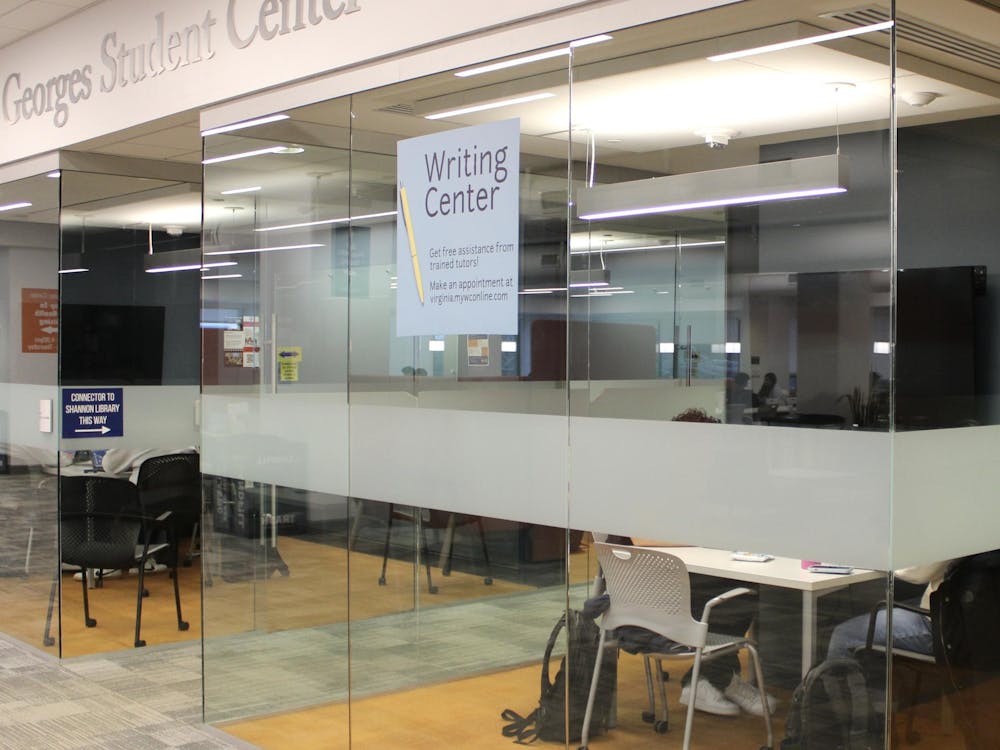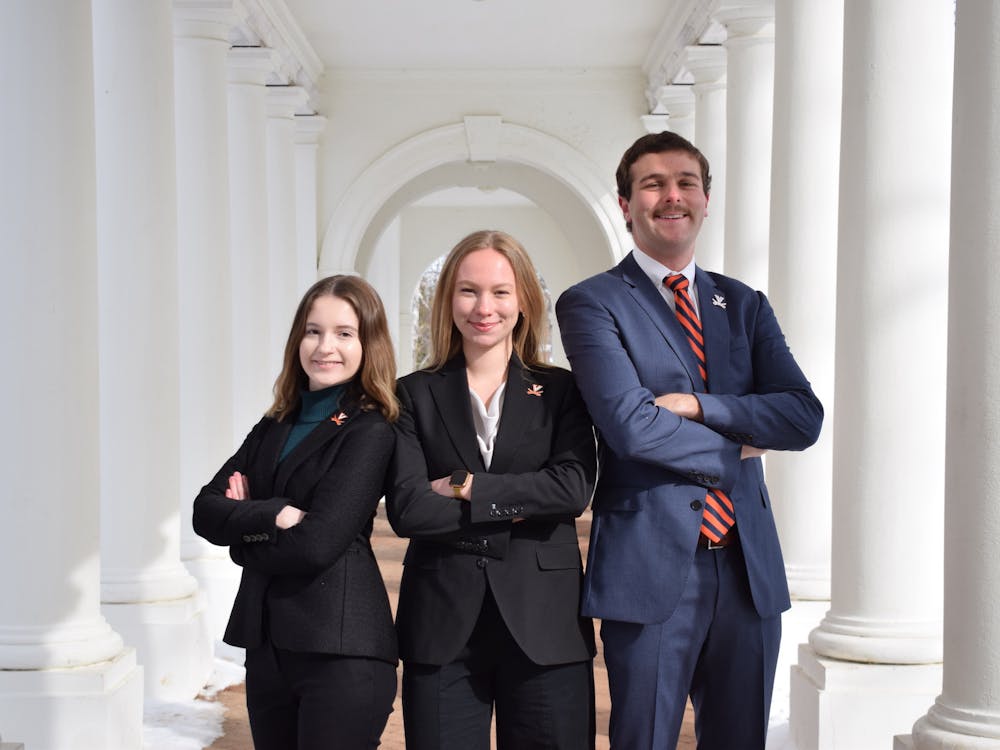The National Science Foundation announced this week the introduction of an initiative intended to help women working in science, technology, engineering and mathematics fields balance their work and family.
The new initiative "will allow researchers to delay or suspend their grants for up to one year in order to care for a newborn or newly adopted child or fulfill other family obligations," among other new programs, according to a White House press release.
The new initiative comes as part of a broader move by the Obama Administration to open careers to men and women with families.
"The White House has also been committed to making the government a model employer in the area of workplace flexibility," the White House press release said.
The NSF is especially working to increase the number of women in STEM fields.
"It is timely, therefore, to provide incentives that will affect change in institutions that result in gender-neutral policies and practices that lead to the increased participation and advancement of women scientists and engineers in the scientific enterprise," NSF Director Dr. Subra Suresh said on the foundation's website.
Pamela Norris, professor of mechanical and aerospace engineering and chair of the President's Women's Leadership Council at the University, pointed out some of the major hurdles for women in STEM fields.
"By the time you enter the [research] profession as a faculty member, many women are seeking to start families themselves," Norris said. "It is also the time where [women in STEM fields] need to devote the most time to see that their career is grounded" on the way to tenured positions.
Norris also pointed to a recent study by sociologists at Rice University and Southern Methodist University, which noted the importance of family life in keeping both men and women in STEM fields.
"Young scientists (graduate students and postdoctoral fellows) who have had fewer children than wished are more likely to plan to exit science entirely," the study concluded.
The new guidelines were not a major step forward or a brand new idea, but they represent a step in the right direction, Norris said. When a grant is suspended, graduate students still need to work and the day-to-day work of the experiment needs to continue, he said.
"I don't think suspension of the grant is a major advancement at all," Norris said. "[Researchers in STEM fields] need continuous support."
One major innovation Norris identified from the NSF initiative was the payment of stipends which allow technicians and graduate students to continue research while the main researcher is on childcare leave.
While the initiative is aimed mostly at graduate and post-graduate researchers, undergraduate students at the University, such as third-year Engineering student Cammie Genda, the public relations chair for the University's Society of Women Engineers and a former intern at the White House Office of Science and Technology, are taking note.
"From a very personal level, these opportunities make me feel more comfortable about going into the engineering field," she said. "I really want to have a family."
Genda added she would "feel much more comfortable" pursuing a graduate school degree and a career in engineering knowing that this initiative was in place.
"Women are really highly underrepresented in science and technology fields," Genda said. "It's important to express to these high school girls and undergrads like me how important they are in science and technology fields"






